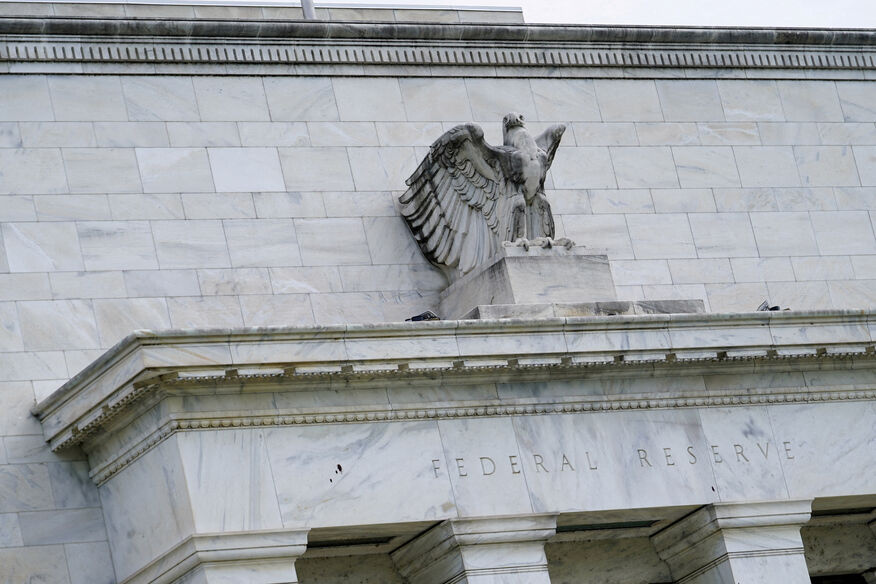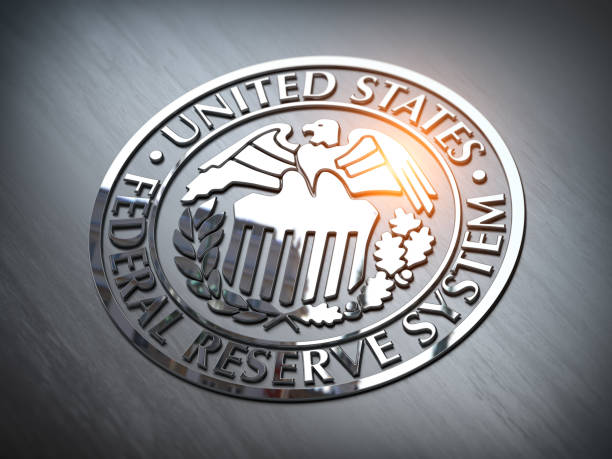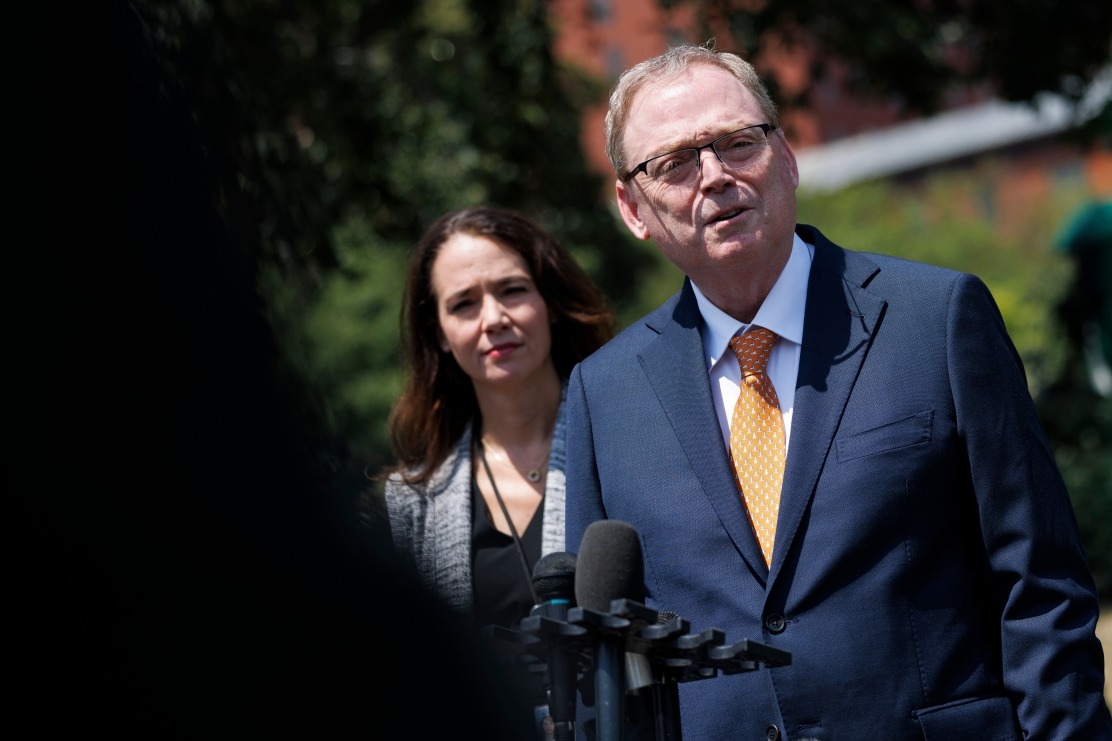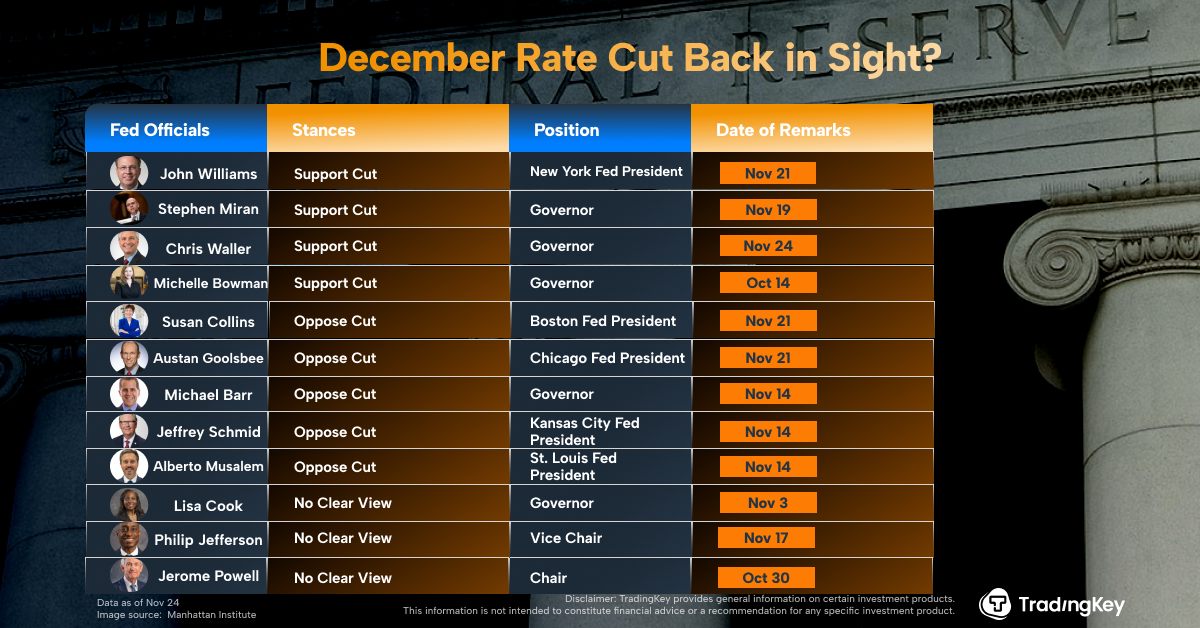Trump to Sack Cook: Why the Fed Must Maintain Its Independence?

TradingKey - On 25 August 2025, Trump announced the immediate dismissal of Cook from her position as a Federal Reserve Governor, citing "false statements in mortgage loan documents." On the surface, this appears to be an action targeting an individual official's conduct. However, if such incidents continue to escalate, we believe they will pose a serious challenge to the Federal Reserve's independence, its authority over monetary policy, and the boundaries of presidential executive power.
While it remains uncertain whether Cook will ultimately be dismissed and lose her seat on the Federal Reserve Board—given her option to appeal through legal channels—this article serves as a risk warning, analysing the potential consequences if Cook is removed and the situation continues to escalate.
From an economic perspective, the Federal Reserve must maintain its independence. In the U.S. electoral system, a loss of Fed independence would give the president both the incentive and the ability to manipulate monetary policy before elections to boost re-election chances. Specifically, a president could pressure the Fed to implement measures like interest rate cuts or quantitative easing to stimulate the economy in the short term, reducing unemployment and increasing household disposable income. This could garner more voter support. However, such overly expansionary monetary policies would likely lead to excessive inflation in the medium to long term. Over time, high inflation would hinder economic growth, ultimately harming households and businesses. In financial markets, the combination of low growth and high inflation would negatively impact U.S. equities. As the economic outlook dims, the U.S. dollar and Treasury bonds would also face long-term downward pressure, resulting in a prolonged "triple decline" of stocks, bonds, and the currency.
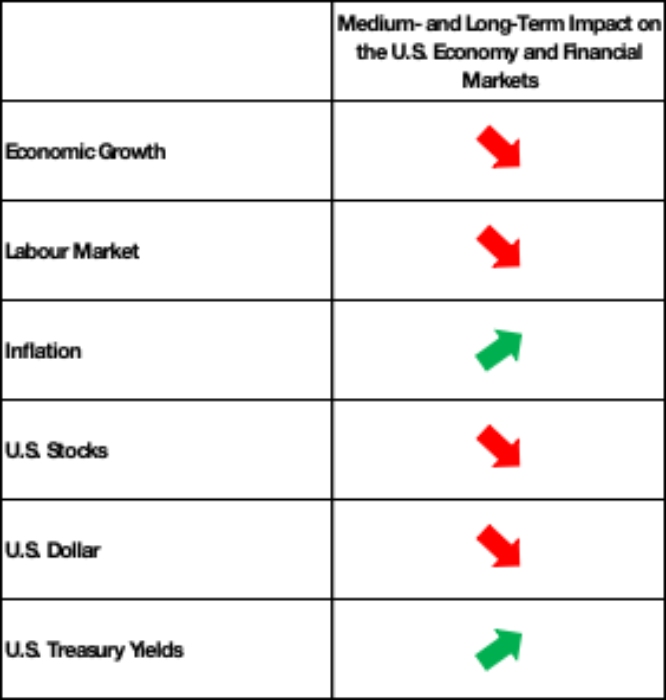
Source: TradingKey
Main Body
On 25 August 2025, U.S. President Donald Trump announced via his personal social media platform the immediate dismissal of Lisa Cook from her position as a Federal Reserve Governor. In a letter addressed to Cook, Trump cited provisions from Article II of the U.S. Constitution and the Federal Reserve Act of 1913 as legal grounds for the decision. He also referenced a criminal referral submitted by the Federal Housing Finance Agency on 15 August, which alleged that Cook had made false statements in mortgage loan documents. Trump accused Cook of engaging in "fraudulent and potentially criminal conduct" in financial matters, stating that such actions had undermined her credibility as a regulator. Following the announcement, U.S. stock market futures and the U.S. dollar index plummeted sharply.
The dismissal of Cook appears, on the surface, to be an action targeting an individual official's conduct. However, if such events continue to escalate, we believe they will pose a significant challenge to the Federal Reserve's independence, its authority over monetary policy, and the limits of presidential executive power.
While it remains uncertain whether Cook will ultimately be dismissed and lose her seat on the Federal Reserve Board—given her option to appeal through legal channels—this article serves as a risk warning, analysing the potential consequences if Cook is removed and the situation continues to escalate.
From an economic perspective, the Federal Reserve must maintain its independence. In the U.S. electoral system, a loss of Fed independence would give the president both the incentive and the ability to manipulate monetary policy before elections to boost re-election chances. Specifically, a president could pressure the Fed to implement measures like interest rate cuts or quantitative easing to stimulate the economy in the short term, reducing unemployment and increasing household disposable income. This could garner more voter support. However, such overly expansionary monetary policies would likely lead to excessive inflation in the medium to long term. Over time, high inflation would hinder economic growth, ultimately harming households and businesses. In financial markets, the combination of low growth and high inflation would negatively impact U.S. equities. As the economic outlook dims, the U.S. dollar and Treasury bonds would also face long-term downward pressure, resulting in a prolonged "triple decline" of stocks, bonds, and the currency.
As of now, two Federal Reserve Governors, Bowman and Waller, were nominated by Trump during his first term. Governor Kugler, previously nominated by Biden, resigned this month, and Trump promptly nominated White House economic advisor Stephen Miran to fill the vacancy. If Trump successfully removes Cook and appoints another loyalist, his allies would hold four of the seven seats on the Federal Reserve Board. Should this trend continue, potentially allowing Trump to gain effective control over the Fed, it could fundamentally destabilise the U.S. economy and financial markets.




